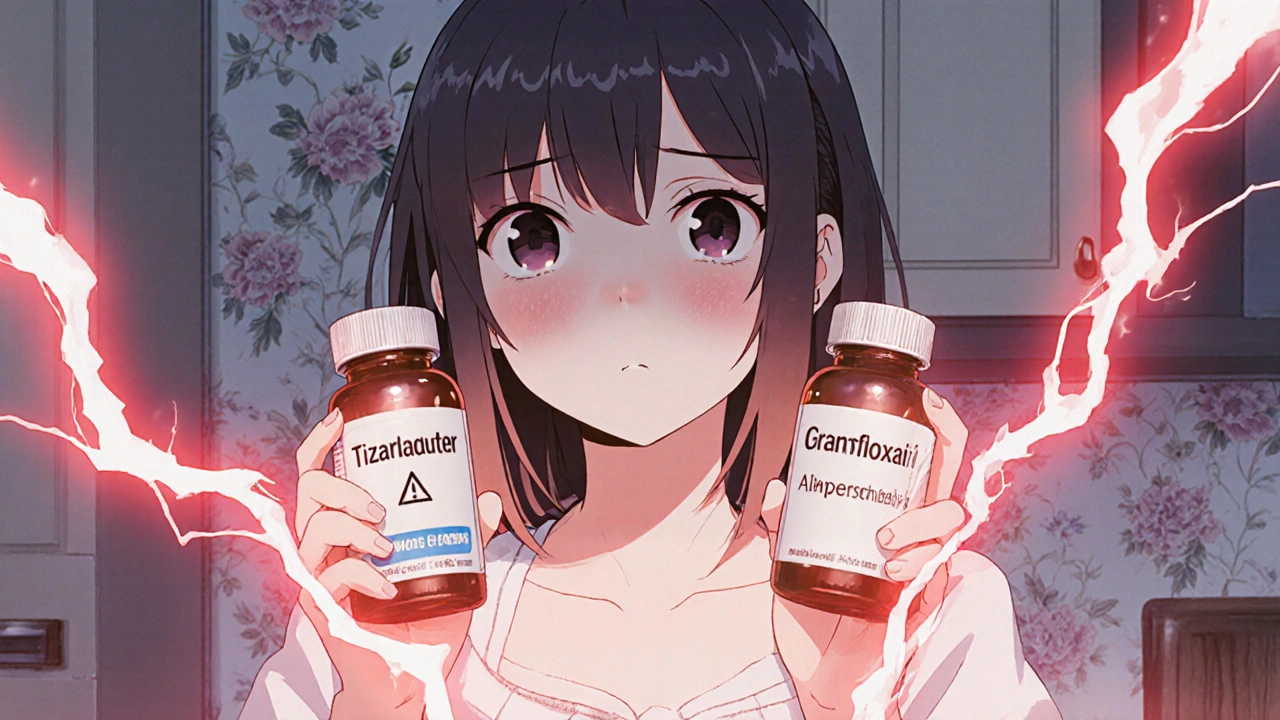Dangerous Medication Combinations: What You Must Avoid
When you take more than one drug at a time, something unexpected can happen—dangerous medication combinations, pairs or groups of drugs that interact in harmful ways, sometimes leading to hospitalization or death. It’s not always about prescription pills. Supplements, over-the-counter meds, and even foods can turn your treatment plan into a health hazard. These interactions don’t always show up on labels, and many people don’t realize they’re at risk until it’s too late.
Take ashwagandha, a popular herbal supplement often used for stress and thyroid support. For someone on levothyroxine, it can push thyroid hormone levels into dangerous territory. Or consider calcium and iron supplements, commonly taken for bone or blood health, but they can block antibiotics and thyroid meds from being absorbed. Then there’s the deadly mix of allopurinol and azathioprine, a combination that can shut down bone marrow, leaving the body unable to fight infection or make blood cells. These aren’t rare cases. They’re documented, preventable, and happening right now to people who trusted their meds without checking for conflicts.
It’s not just about what’s in your pill bottle. Your doctor might not know you’re taking turmeric, melatonin, or a magnesium supplement. Pharmacists can catch these issues—but only if you tell them everything. The real danger isn’t the drugs themselves, it’s the silence around them. People assume if it’s sold in a store or labeled "natural," it’s safe with everything else. That’s not true. And the FDA has issued multiple warnings about these exact kinds of interactions. You don’t need to stop your meds. You just need to know what to ask.
Below, you’ll find real cases where people got hurt because no one checked the full list. We’ve gathered posts that break down the most common and deadly combinations, how to spot them, and what to do if you’re already taking risky mixes. No fluff. Just facts you can use to protect yourself or someone you care about.

Red Flags in Drug Interactions: Combinations Your Pharmacist Should Question
Certain drug combinations can cause life-threatening reactions-even if prescribed by a doctor. Learn the top 5 dangerous interactions pharmacists should always question and how to protect yourself from preventable harm.
